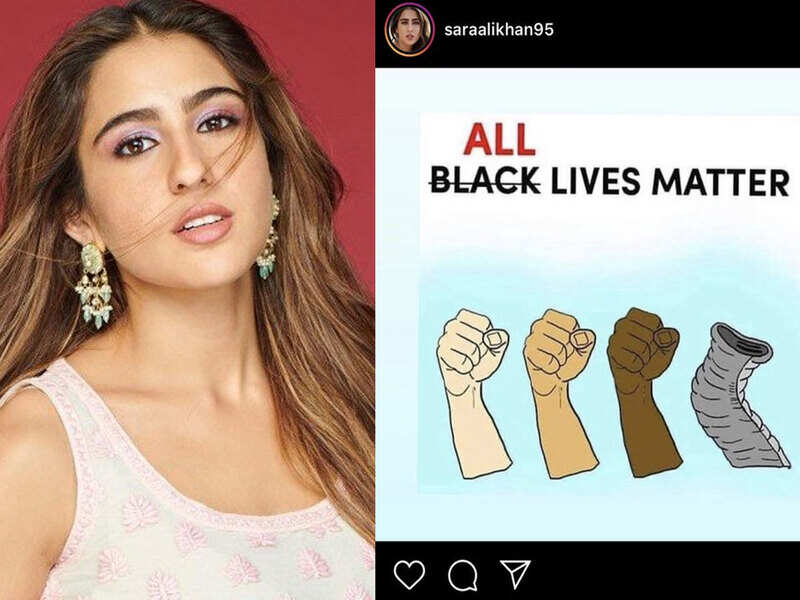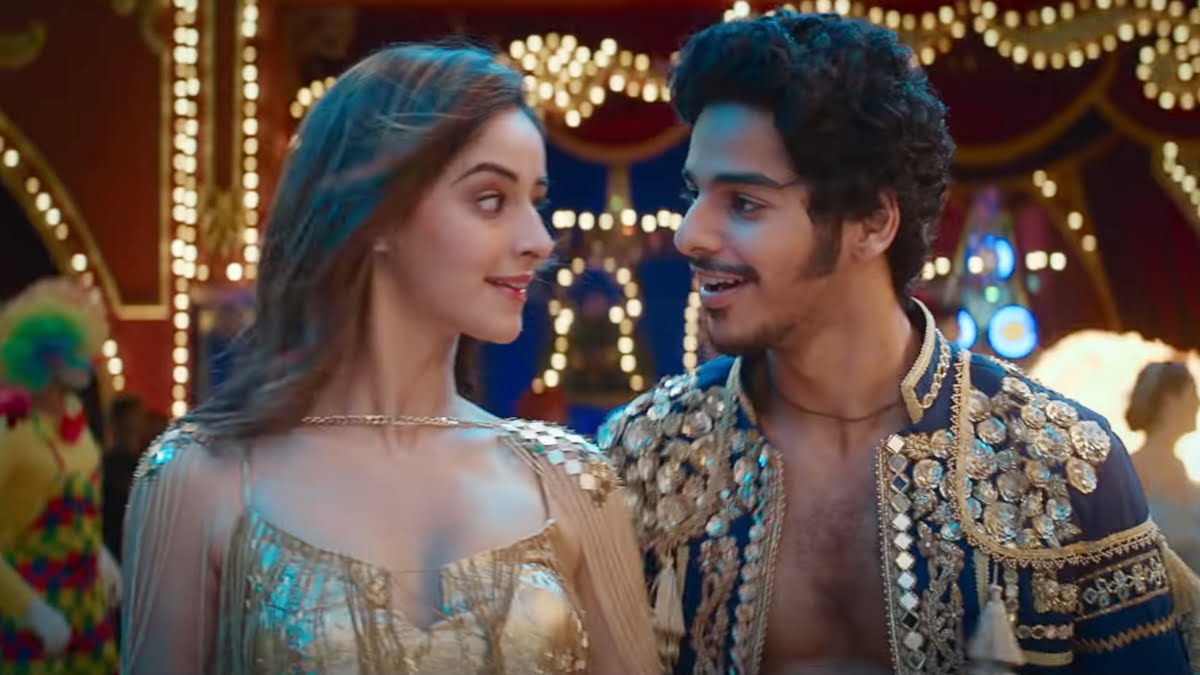I was genuinely wondering how long it would take for Bollywood to reveal their true double-standard self and shed away their #BlackLivesMatter fad. Clearly, I did not have to wait too long. Ananya Panday and Ishan Khatter starrer movie Khaali-Peeli dared to dream that they could rattle the throne of Beyoncé (they wish!) in a new song which released a couple of days back, showed us what we always knew Bollywood for–Hypocrisy.
The lyrics of the song goes:
“Tu jo kamar yeh hilayegi, Tujhe dekh ke goriya, Beyoncé sharma jayegi” (When you shake your hips, fair-skinned woman, Beyoncé will be embarrassed).
After the social media outrage over this racist number, film director Maqbool Khan said, “First, without any hesitation or excuses we want to apologise to anyone offended. We assure you that the lyric in question was never intended racially. In fact, the term “goriya” has been so often and traditionally used in Indian songs to address a girl that it didn’t occur to any of us to interpret it in a literal manner.”
In what was a very sorry attempt later to “fix” the problem, the makers then changed the spelling of Beyoncé to Beyonse and when that (obviously) failed, to “Duniya Sharma Jaaegi”.
In what was a very sorry attempt later to “fix” the problem, the makers then changed the spelling of Beyonce to Beyonse and when that (obviously) failed, to “Duniya Sharma Jaaegi”.
Also read: Punitive Measures Against Fairness Cream Ads, But What About Poor Mentality?
We have been wrongly doing so many things from such a long time in the name of ‘tradition’, that nothing feels wrong anymore. It is 2020 and we are still having this conversation. How? How do you not realise that your lyrics is problematic and it is NOT okay to be racist? It is ‘NOT’ just a song. It is the collective mindset of the society that we are fighting against and ‘songs’ such as these only reinforce the problematic truth that has been prevalent in our society from times unknown.
Not long ago when another case of systemic racism in the US claimed the life of George Floyd, which sparked protest against police brutality all over the world, closer home our Bollywood actors were very quick to write and post #BlackLivesMatter, to express their anger and show solidarity with the movement.

Is it not hypocrisy that you ‘think’ black lives matter and at the same time cheer and celebrate a downright racist song with the most obnoxious lyrics that has a direct reference to the internationally acclaimed, celebrated, Grammy-award winning superstar, Beyoncé, and her skin color as a Black American woman?
This makes me wonder if they really knew what ‘Black Lives Matter’ means, or were they just joining the bandwagon for social validation? Well, we all have the answer to this.
In the wake of the Black Lives Matter movement, on June 25 2020, Hindustan Unilever announced that it will remove the word ‘Fair’ from its flagship brand skincare cream Fair & Lovely, after Johnson and Johnson announced that it will stop the sale of two fairness products that are sold in India.
HUL said that it will drop the word ‘fair’, ‘white/whitening’, ‘light/lightening’ from all its packs and communications. This move came after Fair & Lovely faced a lot of backlash on social media for promoting unrealistic beauty standards and stereotyping skin types. The same actors who endorse fair and lovely, had then posted on Instagram and Twitter #BlackLivesMatter, and are now celebrating this song as well!Ah, the vicious-pretentious cycle just doesn’t end.
Shashwat Das, the founder, Almond Branding was shocked to see people celebrate HUL’s move. However, Das was not amused with HUL’s tokenism. Das further added, “For years this brand has been making young Indian girls insecure of their skin tone by promising dreams coming true through fairness. That’s not empowerment, that’s exploitation! How do you claim to support women when your entire brand story is based around colorism? The damage caused in the last 45 years is too deep to be healed by a mere change in name”.
It is so strongly ingrained in our society that we cannot even imagine living in a world where ‘fairness’ products are not sold. HUL ‘changed’ the name of the product but did not ‘stop’ the sale of the product, and most likely will never do. It brings the big bucks. They know we will still buy. How do you tell people (women) to stop buying a product which they believed will be their road to a better future? But we try.
Beyoncé sharma jaayegi is only the latest to join a string of mainstream Bollywood songs with their age-old, colourist lyrics of ‘goriya’, ‘kaliya’, ‘chittiya-kalaiya’, ‘chikni’.
Also read: Video: What Is The Cost of Fairness In Our Country?
Beyoncé sharma jaayegi is only the latest to join a string of mainstream Bollywood songs with their age-old, colourist lyrics of ‘goriya’, ‘kaliya’, ‘chittiya-kalaiya’, ‘chikni’.
One would think that there must be somebody, at-least one person in the team who would have found something problematic about this grossly ridiculous lyrics and probably suggest a change. But to our displeasure, not shock though, looks like the entire team was okay with this and hence happily released the song.
How long do we have to do this? Bhumi Pednekar in Bala, Ranveer Singhs ‘tanned look’ (as per Zoya Aktar) in Gully Boy, Hrithik Roshan in Super 30 are some examples of how concepts of racism and colorism is still beyond the grasp of the film industry. It is surprising to see how concepts like racism, sexism, colorism, casteism, ableism is STILL so foreign to them and they do not realise how wrong it is.
Other than a handful of actors and filmmakers, the industry pretty much sells on re-affirming age-old stereotypes and performative wokeness.
While Bollywood is not, we are truly sorry, Beyoncé.
You rule queen!
Moitrayee is a PhD student at Tata Institute of Social Sciences, Mumbai. She can be found on Facebook, Instagram and LinkedIn.
Featured Image Source: YouTube



